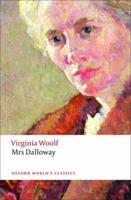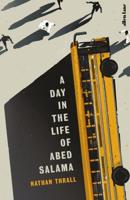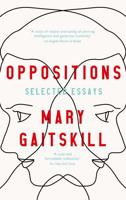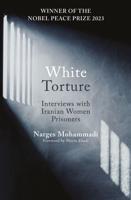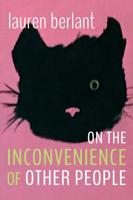Publisher's Synopsis
Drawing on a variety of disciplines - history, sociology, theology, philosophy, and the history of law - this major work takes a searching new look at the social and intellectual history of Germany in the seventeenth and eighteenth centuries, challenging the orthodox view that the literature of this period reflects the struggle of middle class and aristocracy. The author argues instead that it was an era of conflict between two camps, one traditionalist, one modernising, with representatives from different classes in each; broadly speaking, the clergy and professional educators were primarily traditionalists, while modernisation was promoted by lawyer-administrators, some in the service of the princely courts.

